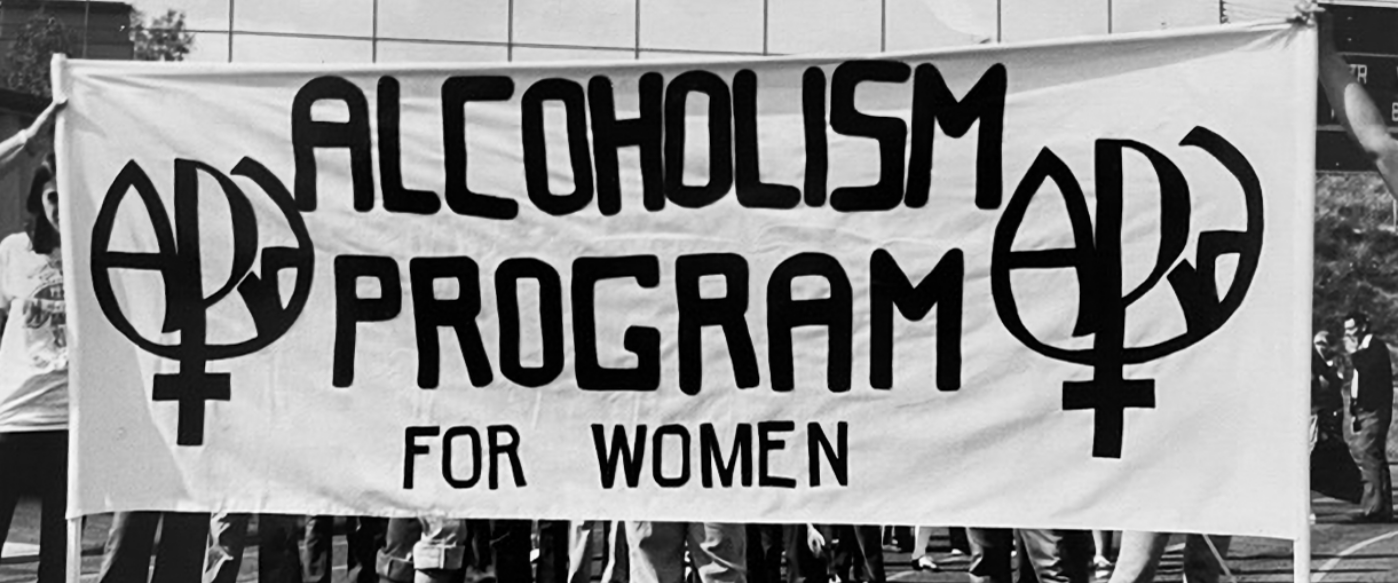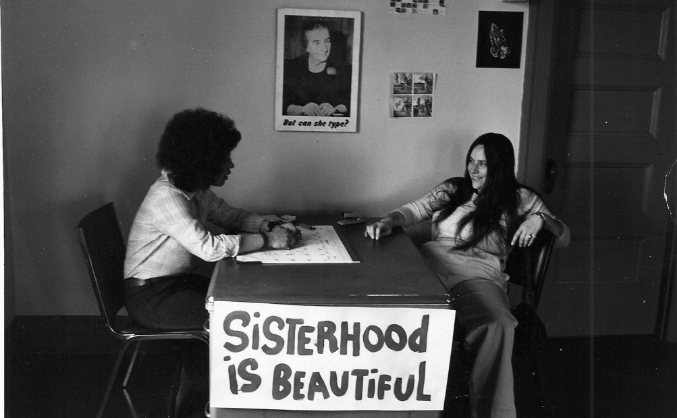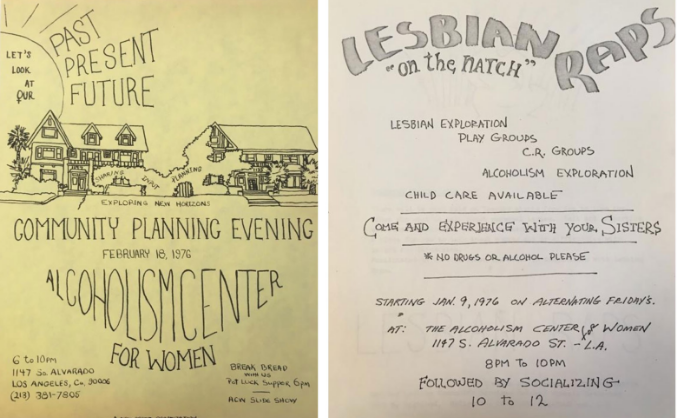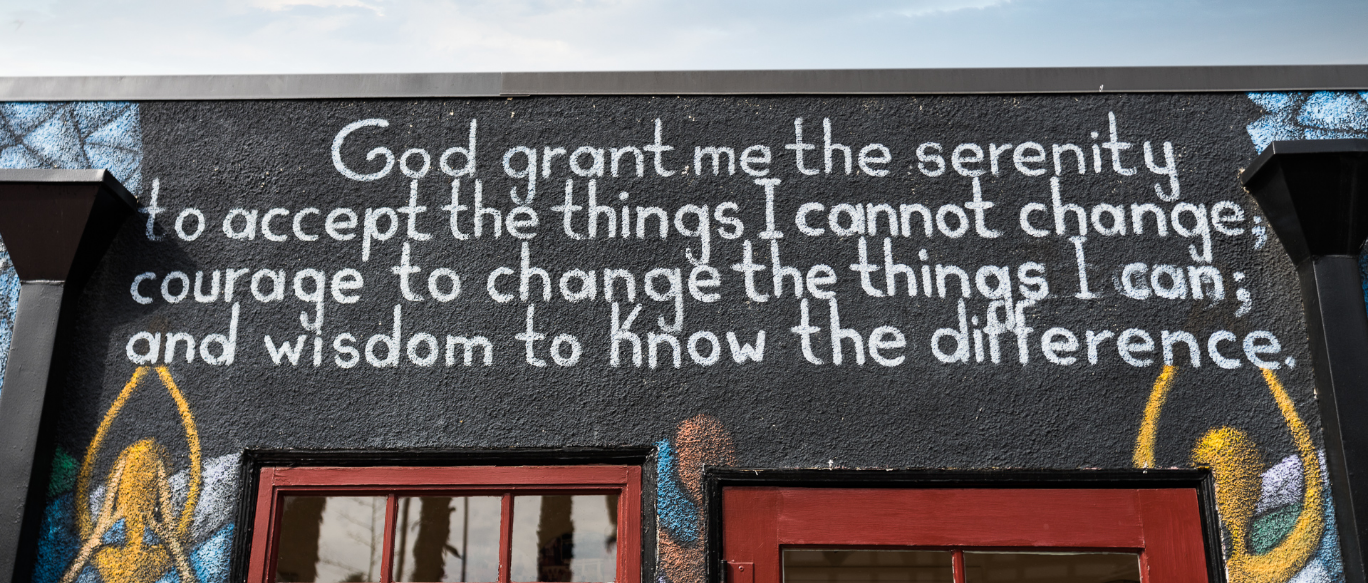For nearly 50 years ACW has transformed the lives of women seeking a substance-free lifestyle.
1973
Brenda Weathers and Lillene Fifield wrote a grant to the National Institute on Alcohol Abuse and Alcoholism (NIAAA) for a new alcohol treatment program for gay women, housed within the Gay Community Services Center. They were awarded over a million dollars to implement a three-year program. “It was the largest grant ever made to a new program, to a women’s program, and to a lesbian program.” –Lillene Fifield
1974
The Alcoholism Program for Women held their first meeting at 1147 South Alvarado Street.
“We cleaned and painted the house, and while still cleaning a woman drove up and said she would help if they started counseling her right away.” –Carolyn Weathers, founder’s sister, and early staff member.
1975
Brenda Weathers wrote a letter to the National Institute on Alcohol Abuse and Alcoholism asking for the Alcohol Program for Women to be its own nonprofit. The Alcoholism Program for Women became the Alcoholism Center For Women, Inc.



1988
Executive Director Brenda Underhill stated ACW was the “largest comprehensive publicly funded nonprofit women’s alcoholism recovery and prevention services program in the nation.
ACW began rehabilitation of both buildings and renamed 1135 to the Miracle House and 1147 to the Snyder House.
1990 – 1992
ACW briefly operated a sober-living facility in Highland Park called New Journeys.
1994
ACW added a paved parking lot between the Miracle House (1135 South Alvarado Street) and the Snyder House (1147 South Alvarado Street).
ACW built out the Carriage House to house an additional seven women.
ACW added the dorm—with eight bunk beds to accommodate 16 additional women—in the Carriage House, bringing the total capacity to 32 beds.
1990s
ACW started an after-school drug and alcohol prevention program for youth in the Pico Union neighborhood.
2002
ACW purchased a building in Atwater Village for youth and prevention services.
2006
ACW sold the building in Atwater Village.
2009
ACW hosted their first annual Bring Hope Home event, welcoming alumni from the 1970s through the present to share their recovery journeys of hope and inspiring current residents and those in early recovery that a miracle can happen if you keep at it.
2014
The McMillen Family Foundation restored and repainted the Miracle House and the Snyder House. ACW worked with historic architect Robert Schweizer to choose period-appropriate paint colors that were used at the turn of the century. The buildings were renamed the McMillen Family Foundation Miracle House and the McMillen Family Foundation Snyder House.
2016
ACW added a nutritionist to develop the weekly menu for residents as well as conduct groups and individual nutrition education and counseling sessions.
ACW added a Family Therapist to help clients resolve family issues and conduct family therapy and multifamily groups with the purpose of improving communication and understanding among family members to increase long-term sobriety.
2017
ACW added a Licensed Practitioner of the Healing Arts to ensure treatment meets new state and county requirements and ensure that services were enriched to better understand the mental health challenges clients face. ACW also added a cook to allow residents more time in groups.
2018
ACW became CARF accredited. CARF (Commission on Accreditation of Rehabilitation Facilities) is an international behavioral health accreditation that signals the organization meets over 1,800 standards for providing services and running their organization.
ACW began to collaborate with medical facilities to have their medical vans onsite monthly to provide primary-care medical services.

2019
ACW was selected by the Los Angeles Business Journal as an outstanding health care/service organization.
ACW added a Domestic Violence/Trauma Therapist to assist women with understanding why they may have started using drugs or alcohol, understand the cycle of abuse they may find themselves in and help them begin the process of healing.
ACW’s original plumbing—over 100 years old—started to deteriorate, and all new plumbing was installed under both buildings. A horseshoe from the turn of the century was found under the McMillen Family Foundation Snyder House (1147)
2020
ACW became a smoke-free center. No cigarettes, vapes, pipes or tobacco is allowed inside or outside ACW’s buildings and grounds.
ACW installed “sister foundations” under both buildings, as the original foundation was starting to crumble.
2021
ACW received a second three-year CARF accreditation.
ACW was selected by Newsweek magazine as one of the 300 best addiction centers in the country.
ACW hired a driver to take residents safely to and from critical medical, mental health or other appointments.